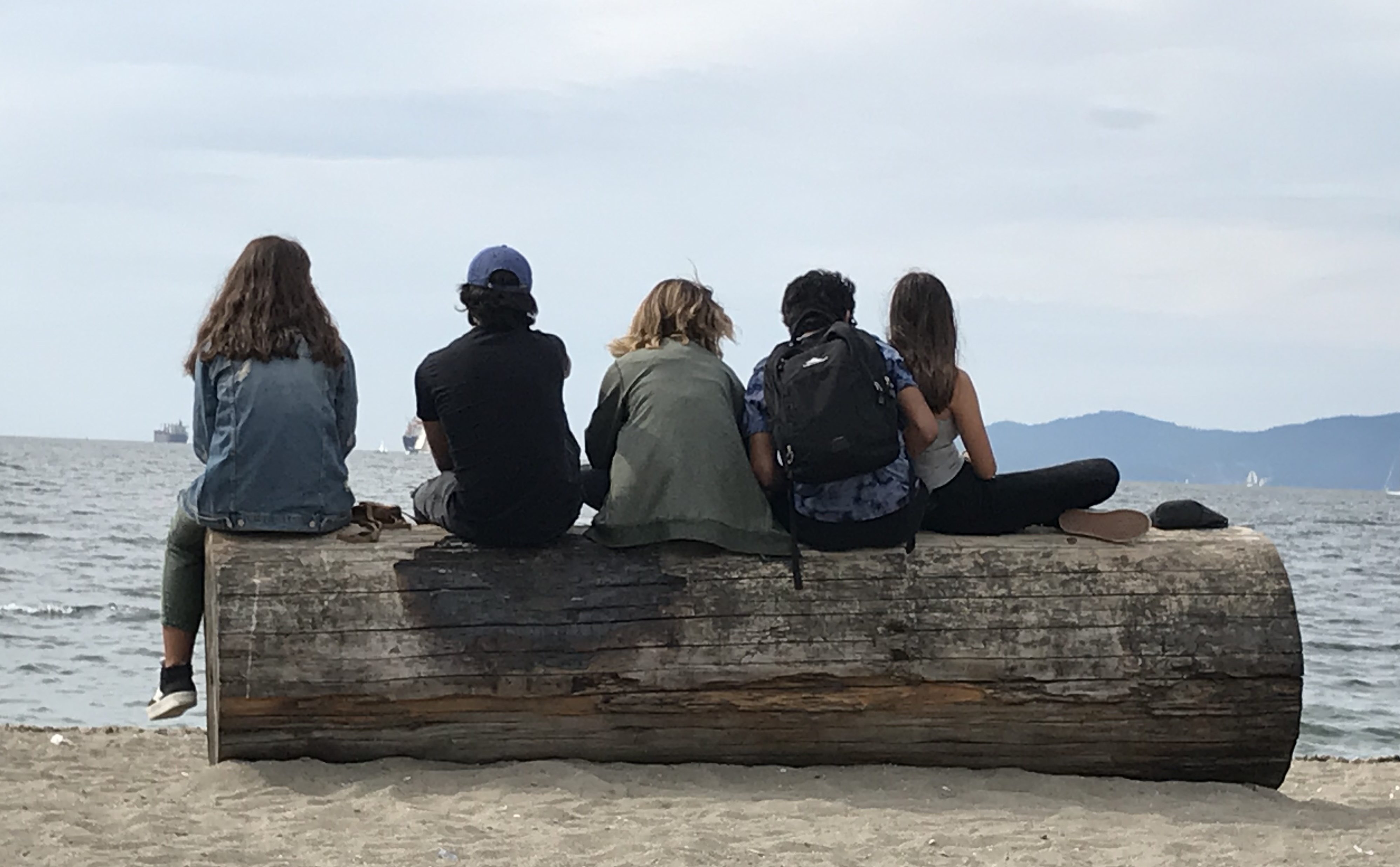
“I can explain it to you, but I can’t make you understand.” This is emblazoned on my hot pink travel mug. I got it from one of my staff members. I love it. It is a good reminder of eternal truth. We “can speak our truth quietly and clearly” as recommended by the age-old wisdom in Desiderata, or deliver it with a side of venom. But we are powerless to make someone understand. The receiver of the message is the one who determines if understanding is achievable.
Way back in my career, I wanted a transfer from the Abbotsford School District to the Coquitlam School District so I would be closer to home when I had my first baby. I also wanted the security of a permanent contract. I accepted the first teaching position that was offered to me. I jumped from teaching Grade 3/4 to teaching Kindergarten. Day 1, I asked my kindergarten students to line up. I looked behind me and was struck with the realization that I actually needed to teach the concept of lining up. That is the beauty of Kindergarten. Everything is a teachable moment. And those little people are so very excited to learn “everything” and share their learning with everyone who will listen. I could see “the Eureka moment” in the eyes of my little people as it dawned. If the five year olds didn’t understand what I wanted to teach, I found another way. The learners were highly motivated so it was my responsibility to find another way. I became a better teacher when I taught Kindergarten because I learned about the transactional nature between the teacher and a motivated learner.
When I was a Faculty Associate at Simon Fraser University, I taught adults who had finished a Bachelor Degree and were doing another year in the Faculty of Education to become teachers. One day a student asked what grade of students they reminded me of. By this point in time I had taught all of the elementary grades(K-Gr.5), Middle School (10-13 year olds), Secondary English language learners, and undergraduate students. Without skipping a beat, I said “Kindergarten”.
That dawning of understanding that comes with classroom experiences, was readily apparent in the eyes of the aspiring teachers too. My teaching partner, Kanwal Neel, and I planned and executed carefully planned lessons to provide the learning we thought was most essential in the classroom context. However, our students would come back from Kindergarten to Grade 12 classroom teaching interactions with their eyes shining and sharing what they learned from their sponsor teachers. They may have heard it from us first, but they were most ripe for the learning during those practice teaching experiences in the classroom with students. The learner was in complete control of the learning.
As a school principal, I have witnessed an unprecedented amount of learning by my staff during school closure due to COVID-19. At my school, many teachers have been at the same school for a long time and have established a routine of how things are done. Then the tectonic plates of a worldwide pandemic shift, the old routines are no longer possible, and student need still exists. Teachers are changing their classroom practices because they want to connect with their students and maintain continuity of learning. I can provide a framework, step in where needed, and respond with resources when asked. However, again it is the learner who is in control of making sense of what is required and how to respond. We are witnessing a pivot to online supported instruction because teachers had the will to made it happen.
I was empowered as a little girl living with a single Mom with limited financial resources. I had a mother who adored me. An aunt who believed I was “Morning Glory”. A family friend who spent hours talking to me about “things that mattered” in the world. A father who provided opportunities and taught me how to stand up and speak my truth. A fearlessness that allowed me to stare down wrong and invite challenge. A resilience. I believed if only I could explain better and provide evidence of my truth, then I could MAKE people understand. I developed the background knowledge and verbal skills to make that happen, only to discover that I will never control the understanding of others.
People live within a barrage of conflicting information. Some people aspire to understand and compassion and are enlightened by truth. They are able to embrace ambiguity and realize we all live a myriad of perspectives. They are able to hear what is being said or taught or shared. Others exist in a fragile shell that they must guard from other interpretations at all costs. I want to forever be someone who grapples with truth and moves forward greater understanding and compassion. “I can explain it to you, but I can’t make you understand.”

It hadn’t occurred to me before reading your post, but as I navigate my new role as an administrator I often feel like a kindergarten learner! What wonderful parallels you weave. Thanks, Carrie. You are Morning Glory.
LikeLiked by 1 person